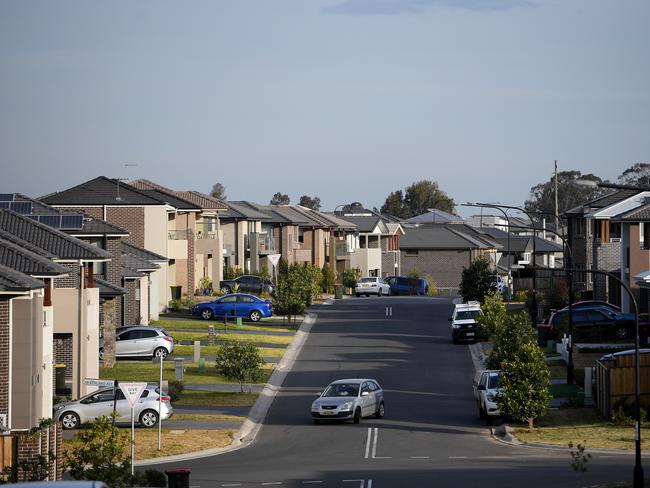Investors cautious over Labor plan to abolish negative gearing, cut capital gains tax
Falling house prices across the country are being driven by Labor promises to abolish negative gearing and raise capital gains tax if it wins the next federal election.
NSW
Don't miss out on the headlines from NSW. Followed categories will be added to My News.
FALLING house prices across the country are being driven by Labor promises to abolish negative gearing and raise capital gains tax if it wins the next federal election.
With the Sydney market having already slumped 6 per cent since last year, Bill Shorten’s vow to raise capital gains tax by 50 per cent and abolish negative gearing for all but new builds, is causing “headwinds” that are deterring investors.

Kevin Brogan, from real estate data company CoreLogic, said the proposed policy had an impact on investor sentiment.
MORE NEWS:
The day Milat tried to kill me
Woman fights for life, men improving, after deadly music festival
Mayweather vs Pacquiao: Floyd confirms rematch
“With policy changes that have occurred over the last three or four years, we have seen a significant impact on the market,” he said.
“And if we are talking about other issues — like the possibility of the end of negative gearing — that may erect headwinds for investors, that will be factored in to their decision to purchase.
“Anybody who is purchasing will be looking at the fundamentals of what is the rental return and the opportunity for capital growth.”
CoreLogic head of research Tim Lawless said investors were already starting to “fret” about the impact of the policies.
“There’s no doubt Labor’s policies are adversely affecting housing demand right now as current and prospective investors fret about not being able to negatively gear and being subject to much higher capital gains tax,” he said.
Mr Brogan said some properties were taking longer to sell.
“It will be interesting to see if there will be more properties come on to the market and if people have been ‘hibernating’ over winter.”

Martin North, from consultancy Digital Finance Analytics, said Labor’s plans were already changing the market.
“It’s a relatively small proportion of the investment population that will be affected by Labor’s proposed changes,” he said.
But investors were “tilting” towards newly built properties because developers were making heavy discounts due to an abundance of supply and were offering buyers five-year rental guarantees.
Labor leader Bill Shorten made the end of negative gearing — which allows investors to deduct losses from wage income and reduce tax liability — on all but new properties central to Labor’s policy platform more than two years ago.
